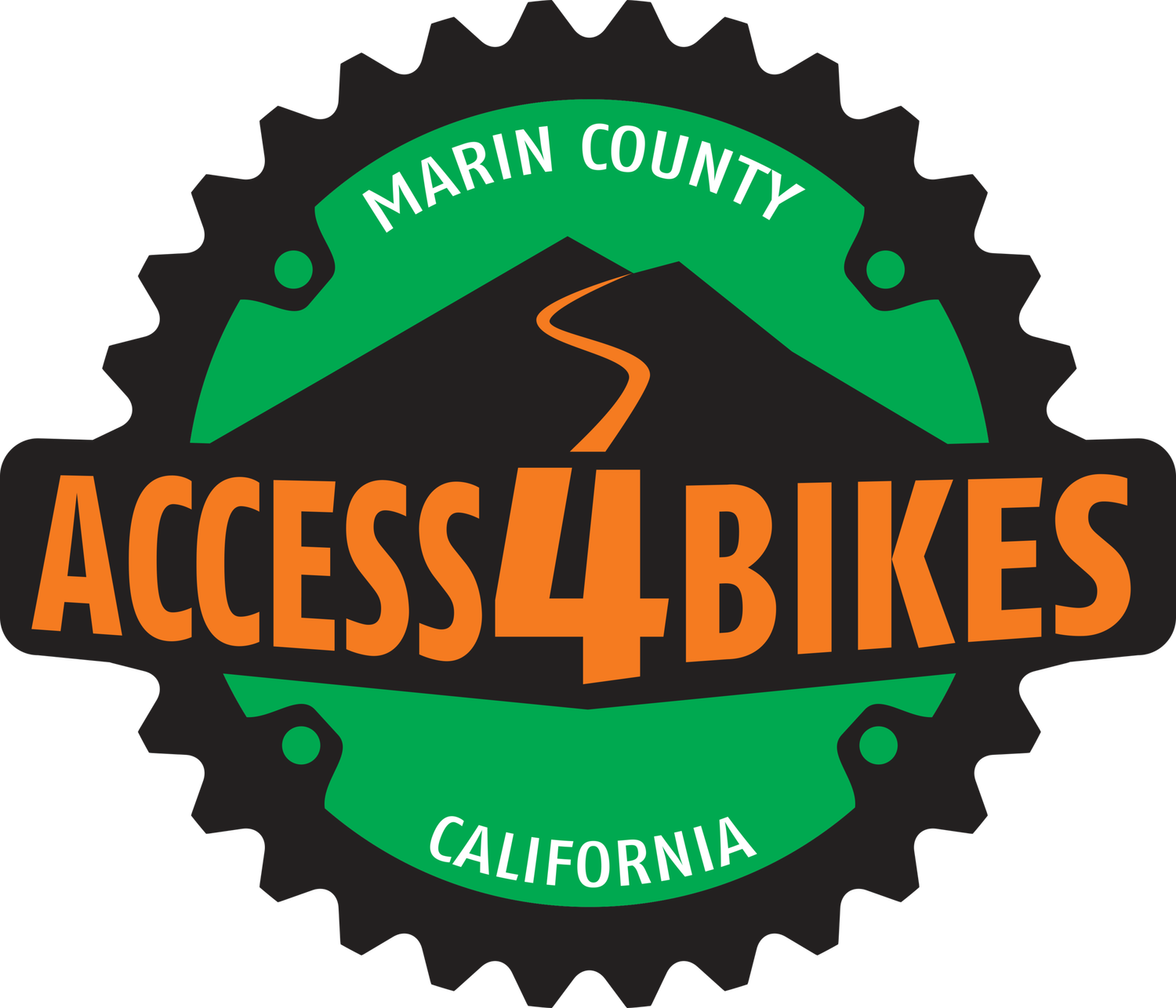E-Bike Pilot Plan: A Mountain of Monitoring, A Molehill of Access
In a new chapter of Marin's recreation saga, Marin Water has released its E-Bike Class I Pilot Program Implementation Plan—a two-year odyssey of trail counters, wildlife monitoring, and visitor surveys set to run from July 2025 through June 2027. But peel back the layers, and this isn't just science-driven stewardship—it’s the fine print of a settlement agreement.
How Did We Get Here?
This pilot wasn’t born out of community consensus or a groundswell of support. It’s the direct result of litigation by the Marin Conservation League (MCL), California Native Plant Society (CNPS), and Marin Audubon Society. These groups sued Marin Water, ultimately forcing a Final Settlement Agreement that mandates a sprawling set of monitoring obligations in exchange for... continuing to allow what’s already legal under state law: Class I e-bikes on fire roads.
Wait—Isn’t E-Bike Use Already Widespread?
Yes. For years, e-bike riders have been quietly and safely exploring watershed fire roads. The sky hasn’t fallen. The trails haven’t buckled. This pilot pretends we’re at square one, but the reality is we’re years into a de facto access arrangement that’s functioned just fine.
Data Overload or Due Diligence?
Here’s what the settlement-driven plan requires:
Eight trail counters and two years of visitor intercept surveys
Two-year bat monitoring study with biologists, acoustic mapping, and habitat assessments
Northern Spotted Owl surveillance
Invasive species tracking
Stakeholder meetings nearly every quarter
Plus signage, digital analytics, and environmental consultants
All this, just to confirm whether Class I e-bikes—already defined by state law as bikes—“count” as bikes on fire roads.
The Hidden Cost to Ratepayers
The financial burden of this monitoring-heavy pilot falls squarely on the community. While the plan conveniently avoids price tags, it's clear this is no small tab: biologists, consultants, Qualtrics analysts, meeting logistics, tech infrastructure—it all adds up. For what result? A heavily conditioned nod to e-bike use that’s already safe, widespread, and embraced by the very riders who pay into this system.
Mountain Biking Deserves Better
This moment was a chance to center sustainable, inclusive access—but instead, it feels like a tactical delay. The pilot doesn’t touch singletrack, and it’s not expanding access. It’s a long-form audit, imposed by litigants who’ve historically resisted broader recreational use.
Access4Bikes will continue to engage in the process—but we do so with eyes open. Mountain bikers, e-bikers, and outdoor enthusiasts of all types deserve policies rooted in real impact, not legal arm-twisting.

